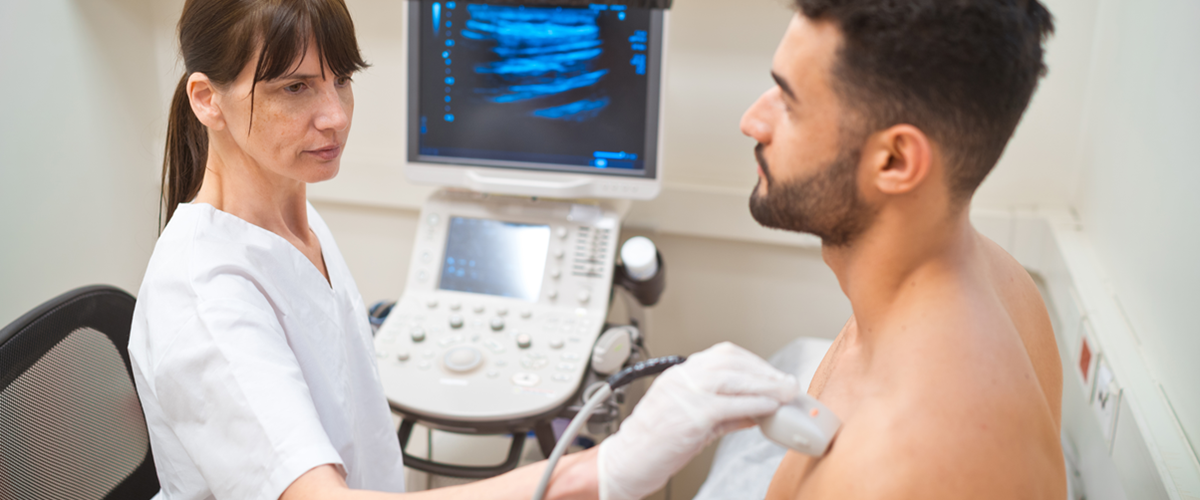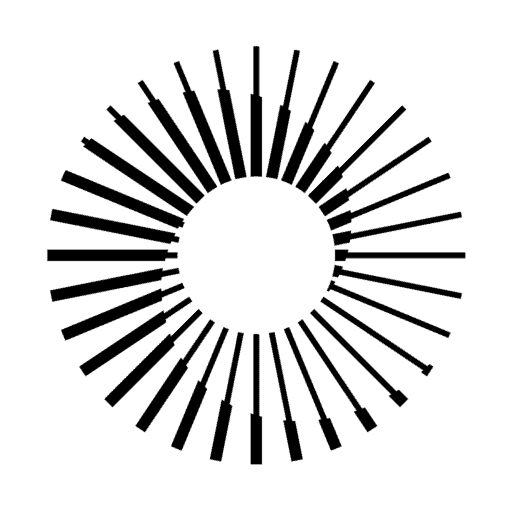Our 3 March picks of radiology trends focus on AI identifying Covid via ultrasound images and deep learning for breast screening. Check out last month’s trending topics with us.
📖 Author: OpenRad team
Radiology trend: AI to identify COVID-19 within lung ultrasound images
According to imaging technology news, research reveals that artificial intelligence can discern COVID-19 in lung ultrasound images akin to how facial recognition software can pinpoint a face in a crowd.
These discoveries advance AI-powered medical diagnostics, edging healthcare providers nearer to swiftly diagnosing COVID-19 and other respiratory ailments.
Algorithms sift through ultrasound images to detect disease indicators, enhancing healthcare efficiency.
Exploring deep learning for breast screening
Imaging Technology News also state: During RSNA23, a panel of international specialists presented the most recent research findings on how deep learning positively impacts women’s health and workflow efficiency, highlighting significant clinical trials.
The editorial team at ITN has been diligently monitoring the latest discoveries from breast imaging experts worldwide. They’ve carefully curated a diverse selection of insights from various conferences and research presentations throughout the year to share with their readers.
➡️Read digital magazine version.
Does muscle loss connect to the risk of heart failure?
With heart failure impacting approximately 1 million patients each year in the USA and 26 million worldwide, scientists at Johns Hopkins University in Baltimore, Maryland, USA, have examined muscle loss as a potential risk factor.
According to European Medical Journal, Shadpour Demehri, one of the co-lead authors of the study, emphasized the necessity for a deeper comprehension of heart failure risk factors—highlighting the relatively unexplored connection between thigh muscle measurements and heart failure.
Recognizing the common practice of imaging pectoralis muscles during chest CT scans, researchers identified an opportunity to improve heart failure prediction without additional expense or exposure to radiation.
➡️ Get more study details here.
—
Are there any radiology trends you would like to add? Share your thoughts and links via the comment section below.
Want to join a talented team? Check out our careers section. We are always looking for exceptional talent—from application specialist to software developers.
📷 Photo credits: daniela-mueller.com




